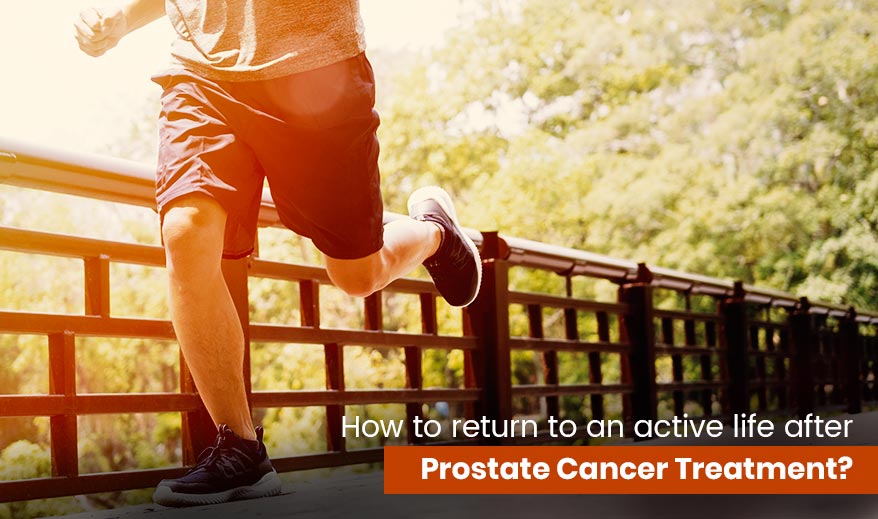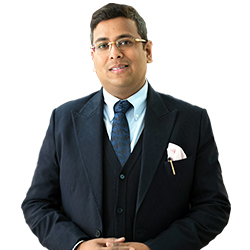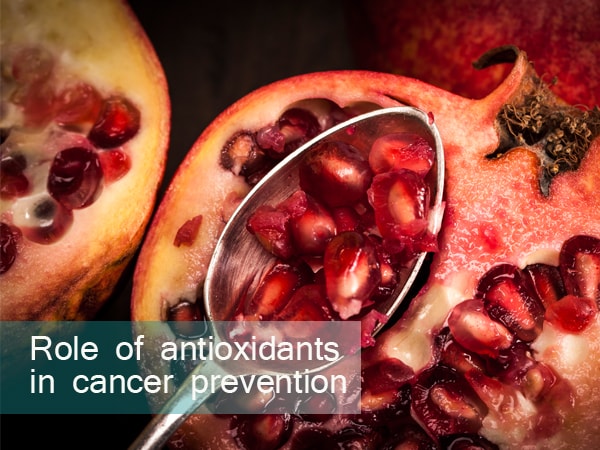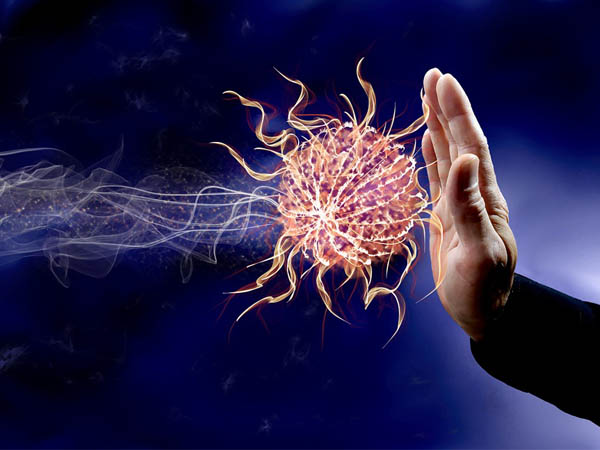
Posted in: Cancer by Dr. Tarang Krishna Posted Date: 28 Jun, 2019
For most men with prostate cancer, the treatment can either remove or destroy the cancer. According to best hospitals for prostate cancer treatment in India, 90% of the prostate cancer patients make it through and live a healthy life in case the cancer is diagnosed early. Completing treatment can be both stressful and exciting. You may be relieved to finish the treatment, but constantly worry about cancer growing or coming back. But the right thing is to take a moment to celebrate to end the treatment. Regardless of what the future might hold, you have beaten cancer. Look for ways to enjoy this survivorship.
Cancer Recurrence
If new tumours develop following treatment, they may be a local recurrence at the surgical site or they may be a metastases in other parts of the body. The cancer can come back in other parts of the body or may never go away completely. These men may get hormone treatment or other therapies to help keep the cancer in check for as long as possible. Living as a cancer survivor can be tough and stressful. It means returning to some familiar things and also making some new choices.
Whether patients opt for conventional methods such as radiotherapy or radical prostatectomy, or newer methods such as immunotherapy, it is important to undergo regular check-ups following the treatment to ensure that any chances of recurrence or relapses can be detected at an early stage.
Lifestyle Changes
It is natural to be concerned about recurrence. Think about how to improve your health and adopt new healthy choices. You can make lifestyle changes to reduce the likelihood of your cancer returning.
- Exercise Regularly: Regular physical exercise and staying active is a great way to boost the overall health. Research shows that men who exercise after prostate cancer treatment are likely to live a healthier life than those who don’t. Other studies also show that men who are overweight or obese may have a poorer outcome than men who are at a healthy weight if their cancer returns.
- Stop Smoking: Men who smoke are at an increased risk of death as compared to the ones who are not smoking. Additionally, men who quit smoking for at least 10 years have a similar or reduced risk for prostate cancer-related death when compared to men who’ve never smoked.
- Seek Treatment for Sexual Well-Being: Men who undergo prostate cancer treatment often experience erectile dysfunction in the weeks and months following the treatment. Sometimes, this is temporary. In other cases, it might be more persistent. You can talk with your doctor about your options and how you might be able to restore your sexual health.
- Deal with Fatigue: If the fatigue is a result of your treatment, it may improve when you finish the treatment. But some men may have fatigue which can last for months, or sometimes even years. If you have life-long treatment for prostate cancer, this can cause long-term fatigue. Keeping active during the treatment can help you combat your fatigue quickly. Also, how long the fatigue lasts also depends on the type of treatment you’ve had.
Keeping Up with Regular Screenings and Appointments
Attending your doctor’s appointments after prostate cancer treatment is very important. If you need to skip an appointment, you should make another appointment as soon as possible. Use these meetings to discuss any concerns you have post the treatment. Your oncologist may also conduct tests to check for cancer’s return during these appointments. There are mainly to tests to check the recurrence of prostate cancer - Digital Rectal Exam (DRE) and a PSA blood test.
Manage the Side Effects
Side effects can affect your day-to-day life but there are ways to manage them. The effects vary from person to person, so it’s important to speak to your doctor about them. They understand the side effects and may refer you to someone who can give you more advice and support.
How to Have Quality of Life After Treatment?
Prostate cancer survivors can be affected by the side-effects such as impotence and involuntary urination or defecation. Such side effects can be difficult to cope with and as a result one may suffer considerably even when the effects are temporary. Hospitals which offer advanced prostate cancer treatment understand that follow-up care must go beyond the medical treatment of the side effects. There is a need to treat the psychological problems as well. Doctors recommend regular physical activity, active relaxation, visiting a support group and talking to others who are affected which can help patients in managing the disease and its consequences.
The healthier you are, the better your life after cancer recovery may be.







_1552549280.jpeg)